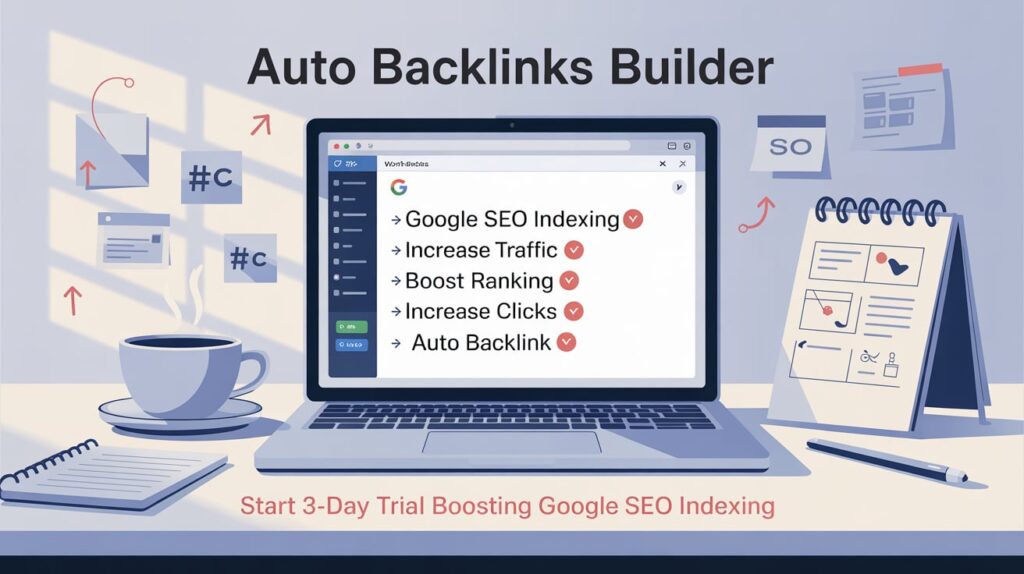Electric Airplanes: The Battery Challenge and Hybrid Solutions
Note: This post may contain affiliate links, and we may earn a commission (with No additional cost for you) if you make a purchase via our link. See our disclosure for more info.
The electric aviation industry is facing a significant hurdle: battery technology. Current battery technology is not yet advanced enough to power electric airplanes with the range and payload capacity needed for commercial viability. The weight of batteries is a major limiting factor, significantly impacting the overall efficiency and performance of electric aircraft. As a result, many start-up electric aircraft manufacturers are actively exploring hybrid propulsion systems as a more immediate solution. These hybrid systems combine electric motors with traditional combustion engines, offering a balance between the environmental benefits of electric power and the range and reliability of established technologies. The target audience for these hybrid and eventually fully electric aircraft is broad, ranging from regional airlines looking for fuel-efficient options to private aviation companies seeking environmentally friendly solutions. While specific technical specifications vary widely across different companies and aircraft designs, the common goal is to improve energy density and reduce battery weight without compromising safety or performance. The successful development and implementation of more efficient batteries remain critical for the widespread adoption of fully electric aircraft, promising a future of cleaner and quieter air travel. Until then, hybrid approaches are bridging the technological gap, providing a pathway towards a more sustainable aviation sector.
(Source: https://www.bbc.com/news/articles/cx27vlp3zzgo?at_medium=RSS&at_campaign=rss)

